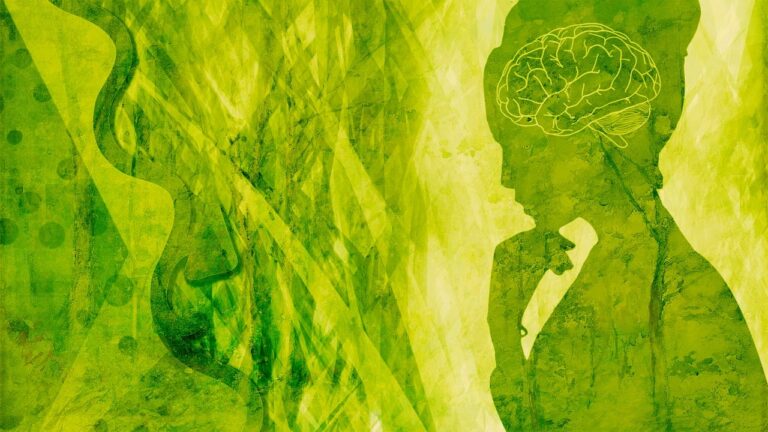The Role of Traditional Healing Practices in Substance Use Disorder Recovery
Traditional healing practices offer a unique approach to substance use disorder recovery, focusing on holistic well-being and spiritual healing. These practices often draw on cultural beliefs, rituals, and ceremonies that aim to restore harmony within the individual and the community. By addressing not only the physical symptoms of addiction but also the emotional and spiritual aspects, traditional healing practices provide a comprehensive approach to recovery that goes beyond conventional medical treatments.
Through practices such as traditional ceremonies, healing circles, and herbal remedies, individuals are able to reconnect with their cultural roots and find strength in their identity. These practices emphasize the interconnectedness of mind, body, and spirit, promoting a sense of balance and interconnectedness that is essential for long-term recovery. By incorporating traditional healing practices into substance use disorder treatment programs, individuals can access a more culturally relevant and holistic approach to healing that honors their unique backgrounds and heritage.
• Traditional healing practices focus on holistic well-being and spiritual healing
• Practices draw on cultural beliefs, rituals, and ceremonies
• Aim to restore harmony within the individual and community
• Address physical, emotional, and spiritual aspects of addiction
Through traditional ceremonies, healing circles, and herbal remedies:
– Individuals reconnect with their cultural roots
– Find strength in their identity
– Emphasize interconnectedness of mind, body, and spirit
– Promote balance essential for long-term recovery
Incorporating traditional healing practices into substance use disorder treatment programs:
– Provides culturally relevant approach to healing
– Honors unique backgrounds and heritage
Understanding the Cultural Context
Traditional healing practices for substance use disorder recovery are deeply intertwined with cultural beliefs and values. These practices are often rooted in centuries-old traditions passed down through generations. Understanding the cultural context surrounding these healing methods is crucial for effective integration into modern treatment approaches.
Cultural nuances play a significant role in how individuals perceive and engage with healing practices. Family dynamics, community support, and spiritual beliefs all shape the framework within which traditional healing methods are administered. Approaching substance use disorder recovery through a culturally sensitive lens not only honors these traditions but also enhances the overall efficacy of treatment interventions.
Historical Perspectives on Healing
Historical perspectives on healing reveal a rich tapestry of approaches employed by various cultures throughout time. Traditional healing practices have been deeply rooted in the customs and beliefs of communities, offering unique insights into the human experience of recovery. From ancient civilizations to modern times, the history of healing is marked by a continual evolution driven by cultural norms and societal needs.
Throughout history, healing practices have served as a cornerstone of community well-being, embodying the collective wisdom passed down through generations. The cultural significance of these traditions underscores the interconnectedness between individuals, societies, and the natural world. By delving into historical perspectives on healing, we gain a deeper appreciation for the resilience and adaptability of human beings in the face of adversity.
What are some traditional healing practices that can aid in substance use disorder recovery?
Some traditional healing practices include acupuncture, yoga, meditation, and herbal remedies.
Why is it important to understand the cultural context when considering healing practices?
Understanding the cultural context is important because certain practices may hold significant meaning or relevance within a particular culture, and may be more effective when approached from that perspective.
How have historical perspectives on healing evolved over time?
Historical perspectives on healing have evolved as societies have advanced and new technologies and methodologies have been developed. Traditional healing practices have often been integrated with modern medicine to provide a more holistic approach to health and well-being.



